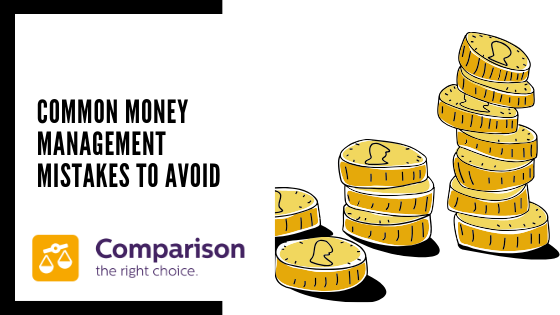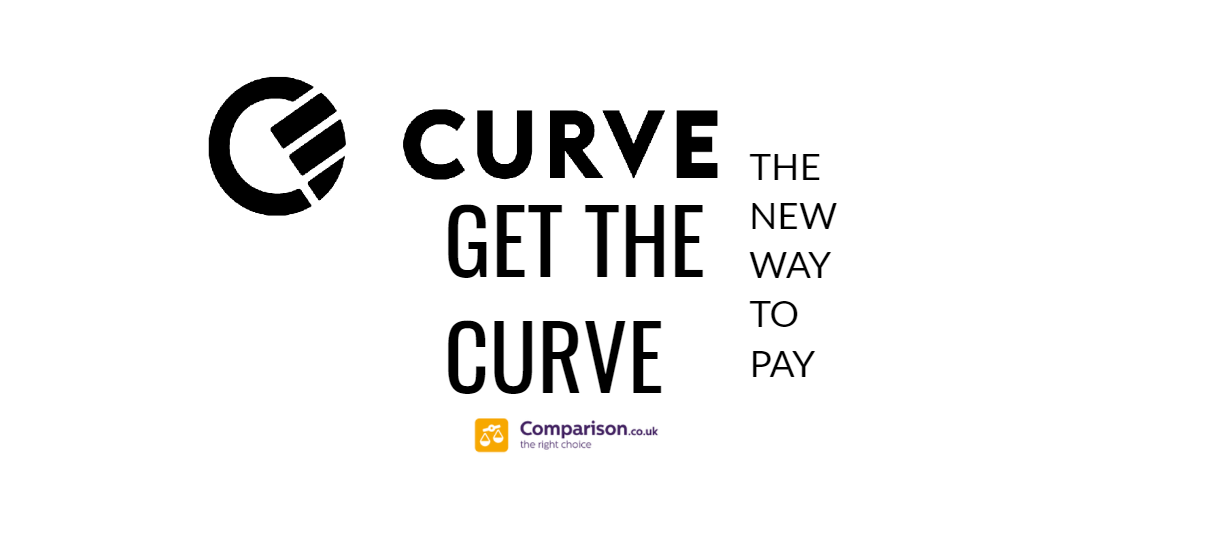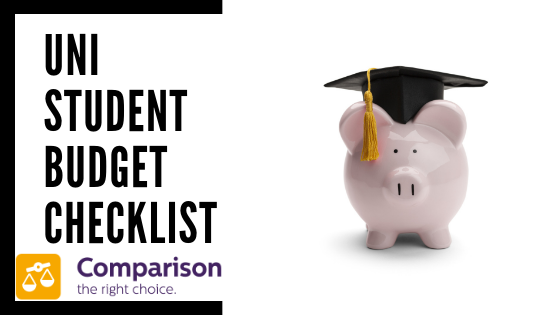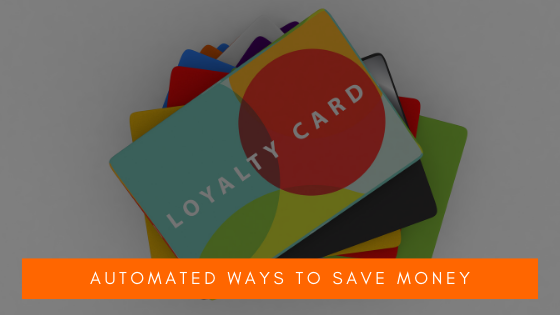Common Money Management Mistakes To Avoid
When it comes to finances almost all of us are making a mistake or two and most of us are making the same mistakes. Money management can be difficult and whilst we may have left school knowing algebra or the works of Shakespeare we didn’t get an education on handling money. In this post we highlight some of the more common mistakes you may be making when it comes to finances so you can start making changes towards a better financial future.
Frivolous spending
We don’t like to hear it but all those £3 coffees add up. But it’s not just coffee we often spend frivolously in a variety of ways from eating out because of convenience to buying a pay per view movie despite all the choice from our streaming service subscriptions and TV packages.
Another bad habit that can lead to frivolous spending is the “special occasion” trap. When we think of special occasions we may think of birthdays or Christmas but if you looked at all the times “it’s a special occasion” was used as an excuse for excessive spending you may be surprised. Special occasions are all well and good when they are properly budgeted for but unlike regular annual events such as Christmas or a birthday many of them are often overlooked when budgeting.
Spending First And Saving Second
Many people will find a way to spend whatever money they have. This means when it comes to saving, no matter how much you promise yourself that anything you have left at the end of the month will go into your savings account it doesn’t matter because there is nothing left. This is a result of spending first. By automating your savings upfront you learn to adjust to your new budget (your pay cheque minus the money you put directly into savings). As Warren Buffett puts it, “Don’t save what is left after spending; spend what is left after saving”. If you save first you will have a smaller budget but this just forces you to cut out frivolous spending and be more thoughtful about how you spend your money. How much you save is up to you, something is better than nothing and the easiest way to make sure you save at least something is to save first and spend second.
Living Pay Cheque To Pay Cheque
Living pay cheque to pay cheque is a common mistake. Whilst many do so out of necessity there are many others that do so due to over spending. Without saving money people leave themselves vulnerable to unnecessary financial pressure if an unexpected expense arises. Whilst loans are an option and we can help you compare loans for a better deal, it is often preferable to be able to pay an unexpected expense out of an emergency savings fund. You could view living pay cheque to pay cheque as a result of the above two points. If you cut down on frivolous spending and make saving a priority you will be in a much better position to cover an unexpected expense.
Not Having A Plan
The most common problem is not having a plan. Just like eating healthily falls apart quickly when you don’t plan a diet and approach it methodically, saving money also tends to fail without thorough prior preparation. As with saving what money you have left at the end of a month, when you leave things to fall into place of their own accord they generally don’t. Good financial management comes from having a plan and putting it into action. Without actively budgeting and putting rules and systems in place you are more likely to not save-first and to spend frivolously which leads to the third point in this post, living pay cheque to pay cheque. By being conscious and active in managing your money rather than being passive and allowing your money to manage you, you can make huge improvements to your financial situation.





